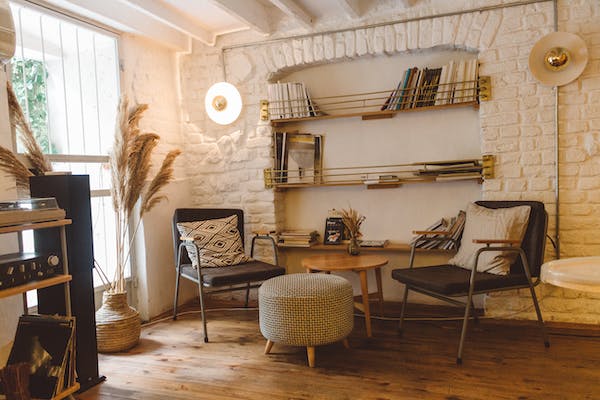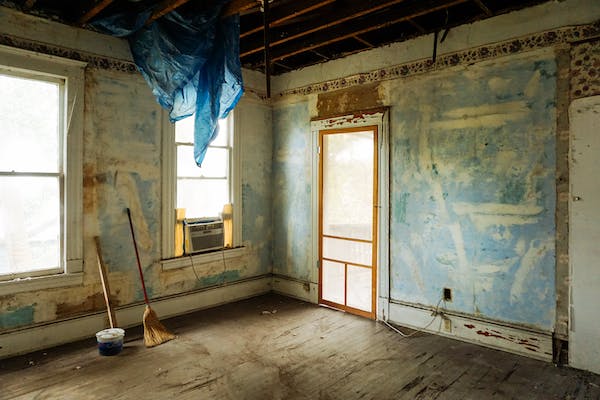The Pros and Cons of Buying vs Renting Your Home,
Are you ready to take the big step of owning your own home, but not quite sure if it's the right decision? Or perhaps you're content with renting and don't see any reason to change that. Whatever the case may be, it's important to weigh the pros and cons of both options before making a final decision. In this blog post, we'll break down some of the key advantages and disadvantages of buying vs renting your home so you can make an informed choice that fits your lifestyle and financial needs. So let's dive in!
Introduction: What Is the Difference Between Buying and Renting?
There are a number of factors to consider when deciding whether to buy or rent your home. The most important factor is typically your financial situation. If you can afford the upfront costs and monthly payments associated with buying a home, then it may be the better option for you. However, if you cannot afford the upfront costs or you are not sure if you will be able to make the monthly payments, then renting may be the better option for you.
Another factor to consider is your current lifestyle and future plans. If you plan on moving in the near future, then renting may be the better option since it is typically easier to break a lease than it is to sell a home. However, if you think you will stay in your current location for several years, then buying a home may be a better investment since homes typically appreciate in value over time.
There are pros and cons to both buying and renting a home. Ultimately, the decision of whether to buy or rent should come down to what makes the most financial sense for you and your family.
Pros of Buying a Home
There are many advantages to owning your own home. Some of the most popular reasons people choose to buy include:
Building equity: Every mortgage payment you make helps increase your ownership stake in the property. Over time, as your loan balance decreases and your home value increases, you build more and more equity.
Forced savings: A mortgage requires you to make monthly payments, but part of each payment goes toward principal, effectively forcing you to save money.
Predictability: Unlike rent, which tends to increase every year, your mortgage payments are fixed for the life of the loan. This makes it easier to budget and plan for the long term.
Stability: Owning a home gives you a sense of stability and roots in a community. You can live there as long as you want and make changes to suit your needs over time.
Cons of Buying a Home
The high cost of purchasing a home is often the biggest con. In addition, the ongoing costs of ownership can be significant, including repairs, maintenance, and property taxes. Another downside to buying is that you may not have the flexibility to move as easily as you would if you were renting.
Pros of Renting a Home
There are many pros to renting a home as opposed to buying one. For starters, you will have much more flexibility in terms of where you live. You can move around as your job or lifestyle changes, without having to worry about selling your home first.
Renting also generally requires much less up-front costs than buying a home. You won’t need to come up with a large down payment, and you won’t be responsible for things like repairs and maintenance.
Another big advantage of renting is that you won’t be tied down to one location. If you want to travel or move somewhere new, it’s much easier to do so when you don’t have a house to sell first.
Renting offers a lot of flexibility and freedom that owning a home does not. If you’re not ready to commit to one location or don’t have the up-front capital to buy a house, renting is definitely the way to go.
Cons of Renting a Home
There are a few potential downsides to renting a home that you should be aware of before making your decision. First and foremost, you will not have the opportunity to build any equity in your rental property. You also may not be able to make changes or improvements to the home, as it belongs to your landlord. Additionally, rent prices can increase over time, leaving you with the possibility of having to move if you can no longer afford the monthly payments. If something goes wrong with the property, it is up to the landlord to fix it and you may have to wait for repairs to be completed.
Factors to Consider When Deciding to Buy or Rent
There are many factors to consider when deciding whether to buy or rent your home. Here are some of the most important factors to keep in mind:
1. Your financial situation: Can you afford to buy a home? Do you have a down payment saved up? Are you comfortable with the idea of taking on a mortgage?
2. The housing market: Is it a buyer’s or seller’s market? Are home prices rising or falling?
3. Your lifestyle: Do you plan on staying in one place for a long time, or do you expect to move around often?
4. Maintenance and repairs: Are you handy and able to do your own repairs, or would you prefer someone else to take care of that for you?
5. Flexibility: Would you like the flexibility to make changes to your living space, or are you happy with things just the way they are?
Alternatives to Buying or Renting
There are a number of alternative options to buying or renting a home. One option is to live in a co-housing community. Co-housing communities are intentional, collaborative neighborhoods designed and built by the residents themselves. The residents of a co-housing community own their own homes and share common spaces, such as kitchens, dining rooms, laundry facilities, gardens, and playgrounds. Another option is to live in a housing cooperative. Housing cooperatives are similar to condominiums, but the residents own and democratically control the property. Another option is to live in an RV or other type of mobile home. Mobile homes can be cheaper than traditional homes and offer more flexibility in terms of where you live.
Conclusion
In conclusion, there are pros and cons to both buying or renting a home. It is important to weigh both options carefully before choosing the best option for your individual situation. Buying a home can be a great investment for the long term, but it also requires significant financial commitment. Renting may provide some more flexibility in terms of location and cost, but you may not get as much return on your money down the road if you decide to sell it. Weighing all these factors will help you make an informed decision that works best for your lifestyle and budget.






